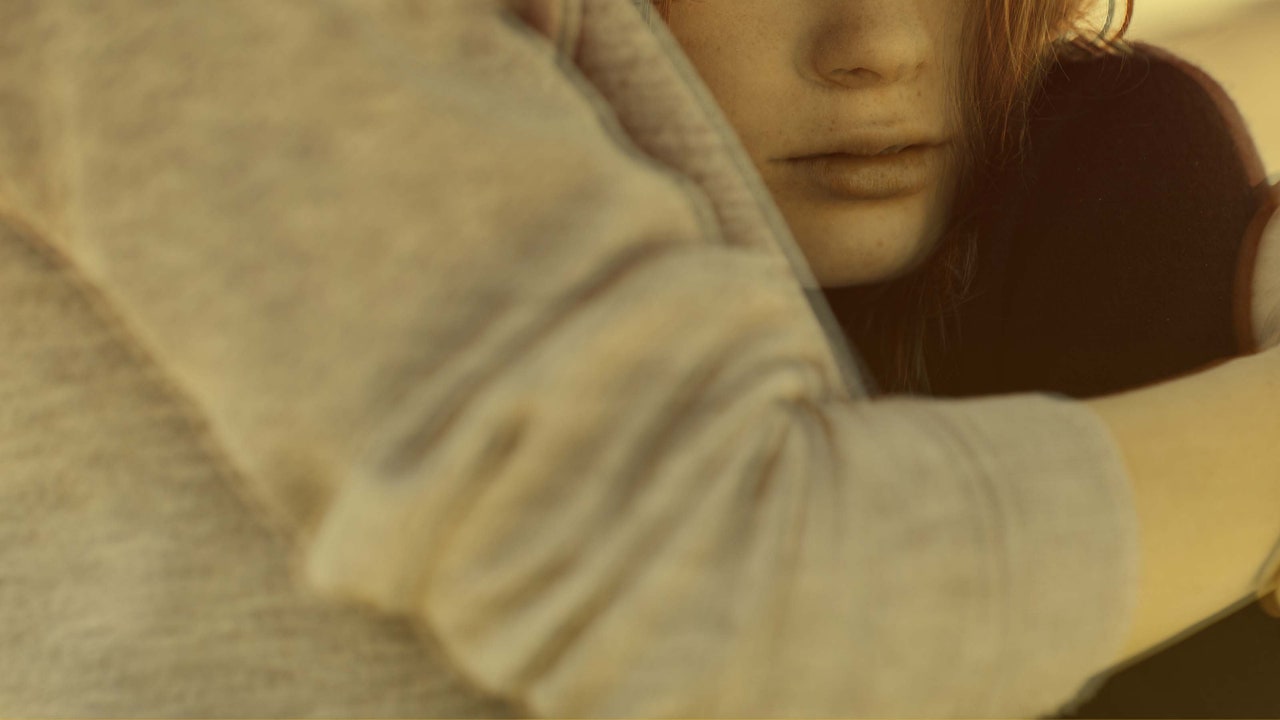I Don't Have Children, But I'm Still a Mom—Kind of

When we meet strangers, and I have to introduce the girls, I sometimes avoid having to identify our relationship by just saying their names, but everyone assumes I am their young mom. Other times, I say, “This is my kid.” Sometimes, the girls will get a wicked look in their eye and introduce themselves—“I’m her daughter.”
When they come over to our apartment for taco night or to eat my famous dinner of “engagement chicken”—which I got from this very magazine—and roast potatoes, we choose shows to watch “as a family”—like High School Musical, or AJ and the Queen, and it is forbidden to watch those outside of that arrangement—the four of us and our dog, Frankie, on the couch, with chamomile tea and snacks, blankets draped over us. The girls always raid our pantry for snacks seconds after finishing dinner and my partner makes their teas just so, with ice cubes and sugar, in mugs they choose.
The girls’ dad once told me I should be able to claim the girls as dependents on my taxes, but I wasn’t keeping them alive. I didn’t feed or clothe them daily, didn’t put a roof over their heads. Their parents did that. But I was spending a lot of money on them, and there was no way for me to formally recognize with the government that I kind of did have kids. Sort of. It was an alternative family structure, and the IRS has never been good at recognizing those. Not for queer families, of which I’m a part, and not for those who relationships don’t adhere to the traditional nuclear structure. I also, for example, help take care of my mom and brother and the IRS doesn’t have a form for that either.
Having the girls in my life hasn’t changed my decision about wanting kids in the conventional sense. But it has made me resolve to always have enough money and be emotionally stable enough to serve as a sturdy presence. I didn’t seek out Franny and Brianna. We stumbled onto each other and we fell in love with each other and we became family. I do think of them as my children and I know they think of me as their mom. I hope and assume that once they’re grown up, and I no longer have this exact role in their lives, I’ll find more family. I would like to do this again, I mean, and so would my partner. Other kids need us, too.
I’ll never forget the look on their faces when one Christmas, I gave them gift cards to Barnes & Noble, when they wanted some hot new Air Jordan release. And they’ll never forget the look on my face when they showed me what they’d bought with those gift cards—not books, but Yale hoodies and stuffed animals from the Yale bookstore, where I earned a graduate degree.
I’ll never forget the feeling of getting a call from Brianna, her knowing she could tell me [redacted] and we wouldn’t judge.
I’ll never forget the feeling of finding out the boy advice I’d given Franny and Brianna had spread from girl to girl in their high school like wildfire, putting the fucbois in their lives on notice.
They’re my kids. And they’re not. I’m their mom. And I’m not. And that’s the case for millions of families in this country, families who have been affected by the war on drugs, by mass incarceration, by detentions, by deportations, by poverty, by the opioid crisis, by Covid-19. Millions of us have stepped in to take care of children who need us in very specific ways and we’ve come to love them so that they might as well be our blood. This is what family looks like.
Karla Cornejo Villavicencio is a writer who lives in New Haven. Her first book The Undocumented Americans is out now.





